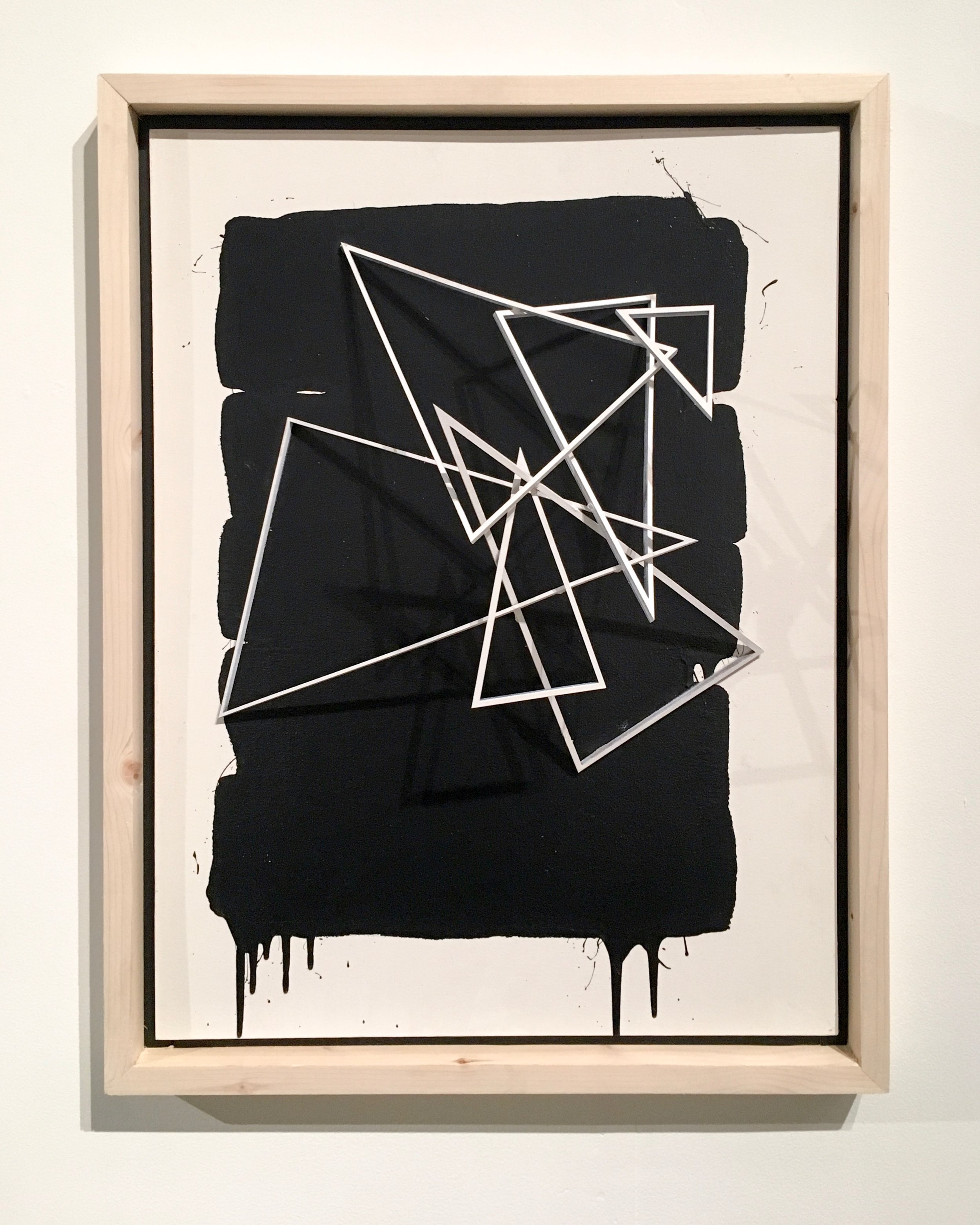Zapatista Woman
January 1st 1994 - present
The Zapatistas are a revolutionary leftist political and militant group based in Chiapas, the southernmost state of Mexico. They have spokespeople, but no leader. Their strength is in all of them, and Zapatista women have been influential in the movement. Since 1994, the group has been in a declared war "against the Mexican state", and against military, paramilitary and corporate incursions into Chiapas. This war has been primarily defensive. In recent years, it has focused on a strategy of civil resistance. The Zapatistas' main body is made up of mostly rural indigenous people, but includes some supporters in urban areas and internationally.
In the 1990s, one-third of the insurgents were women and half of the Zapatista support base was women. The EZLN organization style involved consensus and participation by everyone, including women and children. Therefore, one aspect of the EZLN’s ideology was gender equality and rights for women. After the Zapatista uprising in Chiapas, the EZLN announced the Women’s Revolutionary Law which was a set of ten laws that granted rights to women regarding marriage, children, work, health, education, political and military participation, and protected women from violence.
Although the ideology of the EZLN reflects libertarian socialism, paralleling both anarchist and libertarian Marxist thought in many respects, the EZLN has rejected and defied political classification, retaining its distinctiveness due in part to the importance of indigenous Mayan beliefs in Zapatismo. The EZLN aligns itself with the wider alter-globalization, anti-neoliberal social movement, seeking indigenous control over their local resources, especially land.
Since their 1994 uprising was countered by the Mexican army, the EZLN has abstained from military offensives and adopted a new strategy that attempts to garner Mexican and international support. Through an Internet campaign, the EZLN was successful in extending an understanding of their plight and intentions to the public. With this change in tactics, the EZLN has received greater support.





















